
OR
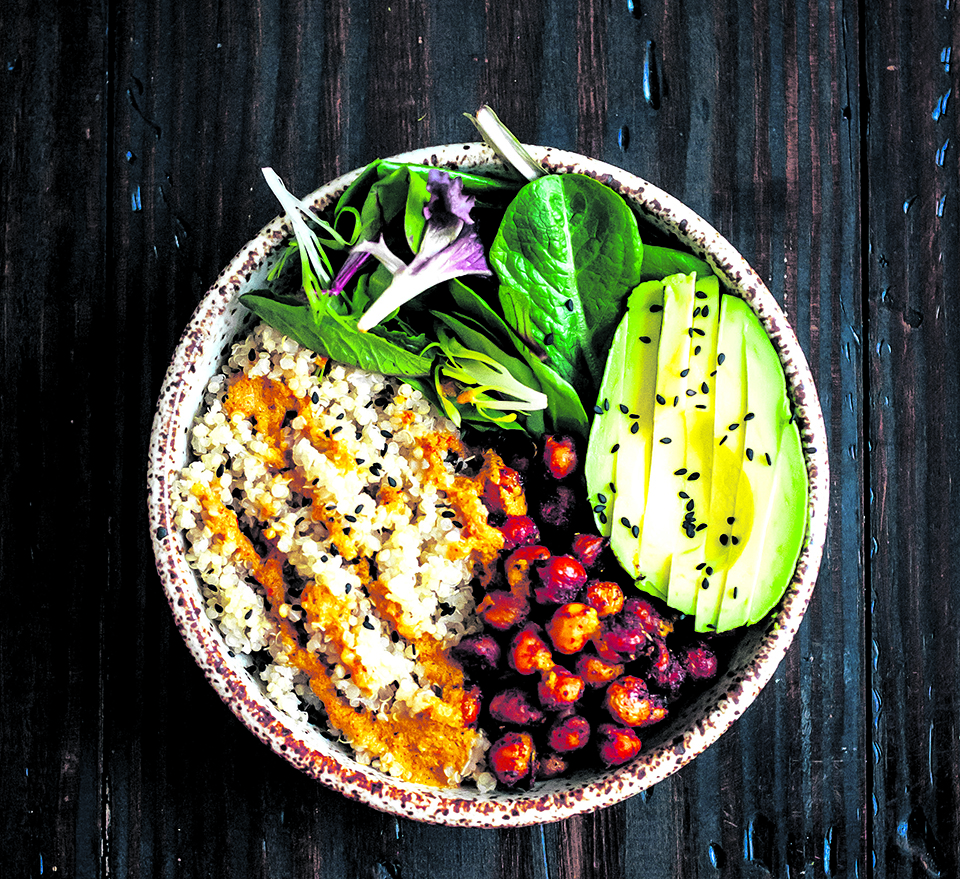
Going vegan is actually a piece of cake, say the vegans we spoke to but, according to experts, a vegan lifestyle can be challenging, especially health wise. One has to find alternate food sources to compensate for the required nutrients such as proteins, minerals, and vitamins that are mainly found in meat and dairy products.
However, this has not stopped Teyang, owner of the clothing brand ‘Teyang’, from continuing with her vegan lifestyle. She had been an on and off vegetarian for a long time but three years ago, she finally adopted the vegan lifestyle and, she says, there’s no going back now.
Coined by Donald Watson, English animal rights advocate who founded the Vegan Society, veganism is a practice of refraining from anything that comes from animals, mainly meat but also dairy products, eggs, leather etc.
“I used to eat meat but it harmed my skin and made me feel bloated and heavy so I felt veganism would be the ideal lifestyle choice for me,” explains Teyang adding that, as a vegetarian, she was already following a semi-vegan diet by not consuming milk. But she also had to give up cakes and other baked items and that, she confesses, was difficult for a while, as she had always had a sweet tooth. “But once I went vegan, I felt extremely light and healthy and that made giving up cakes and other baked goods seem worth it,” she says.
According to Prativa A.C., nutritionist at the Civil Society Alliance for Nutrition, Nepal, those who have adopted the vegan lifestyle need to be mindful of whether or not they are getting the required nutrients like protein, iron, zinc, calcium, and omega-3 fatty acids among many others. A.C. is currently doing her PhD in Food and Nutrition from Tribhuvan University.
AC explains that depending on the type of vegan diet a person follows the overall nutrient intake can vary drastically. “The essential nutrients are carbohydrate, protein, fat, vitamins, and minerals. It doesn’t matter whether or not are you on a vegan diet, you need these nutrients for proper bodily functions,” she says further explaining that as vegans’ food is entirely plant based (e.g. whole or enriched grains, legumes, nuts, seeds, fruits, vegetables) they have to be cautious about getting enough nutrients.
The use of soybeans, soy milk, soybean curd (tofu), and processed soy protein products enhances the nutritional value of the diet. And so careful planning and sufficient food intake are of paramount importance for anyone following a vegan diet to meet the nutritional needs for efficient functioning of the human body.
“Regular consumption of nuts, zinc-fortified cereals, and soaked and sprouted beans, grains, and seeds helps to fulfill the needed zinc supply in the body. Similarly, the required vitamin D that one would normally get from cow’s milk can be compensated by sun exposure on the face, hands, and forearms for five to 15 minutes per day and also by consuming foods or dietary supplements that are fortified with vitamin D, such as soy milk, rice milk, orange juice, and breakfast cereals,” she says.
Kajol Jain, who has been practicing veganism since 2015, was unaware of all the nutritional needs mentioned by A.C. when she first went vegan. “I had always been fond of milk and yogurt and so when I had to give it up, I started eating a lot of junk food as I did not know how to cook or what to eat,” she says. However, she did her research and was finally able to learn how to balance her diet.
“My mother made soy milk at home for me which helped me transition from vegetarianism to veganism,” she says. Eventually, as veganism is still in its primitive stages in Nepal, she started getting requests from other fellow vegans to supply them with vegan produces as well. And, as of now, Jain runs a successful business called ‘Vegan Dairy Nepal’ which provides products like milk, butter, cheese, yogurt, nutella etc. that are all completely plant based.
Both Teyang and Jain mention that the traditional Nepali food i.e. rice, pulses and vegetables is vegan, so it’s relatively easy for anyone wanting to lead a vegan lifestyle to be able to do so. “My regular diet consists of brown rice, dal, vegan milk (soy, almond) and fruits. Sometimes I mix things up with some whole bread or whole pasta. Unlike popular belief, vegan food is never truly boring as there is a whole range of food and fruits you can choose from,” says Jain.
When Teyang eats out she asks the waiters to exclude some ingredients like butter or cheese whenever she orders her food. “But it’s always better to prepare yourself when things don’t go your way while you are out someplace as Nepali restaurants are yet to be vegan friendly,” she says.
Suresh Prasad Sharma, vice-president of the Nepal Vegetarian Association, has also been vegan since 2014. Sharma became vegetarian by choice at the age of ten after he saw a goat being slaughtered. “I saw it tremble as it lay on the ground and after that I couldn't look at meat the same way,” he says adding that as he grew older he realized that only abstaining from meat didn’t mean that you were not a part of animal exploitation as milk and other dairy products were mass produced and this did not guarantee that the animals were well taken care of.
“Rather than just being a diet, veganism is about learning to survive without hurting anything. It’s a lifestyle,” says Sharma.
Nutritionist A.C. says that going vegan does have its dietary pros. Some of them include lower levels of dietary saturated fat and cholesterol consumption, lower prevalence of obesity, lower rates of death from cardiovascular diseases, including ischemic heart disease and hypertension, and an overall better quality diet for macronutrient and micronutrient intake as indicated by the Healthy Eating Index, to name a few.
However, she says that it should also be noted that not all vegans follow an ideal well-balanced diet and therefore don’t obtain the health benefits mentioned above. “A balanced diet is one that includes foods from all food groups and the quantities and proportions of these foods need to be such that they fulfill our daily requirements for all nutrients. You can get these nutrients by following both the vegan diet or the non vegan diet but it’s for certain that vegans have to put in extra effort to meet the nutritional needs of the body,” she concludes.
acharyaurza8170@gmail.com
You May Like This
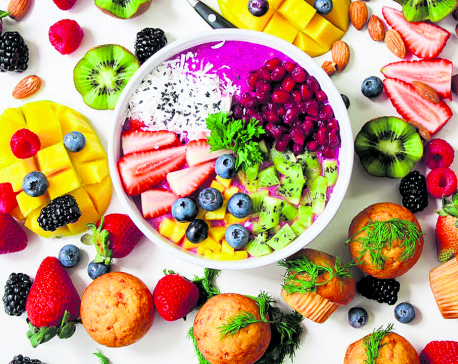
Six simple habits for a healthy life
One-off things that you do like an occasional detox or running an annual marathon aren’t going to impact your overall... Read More...
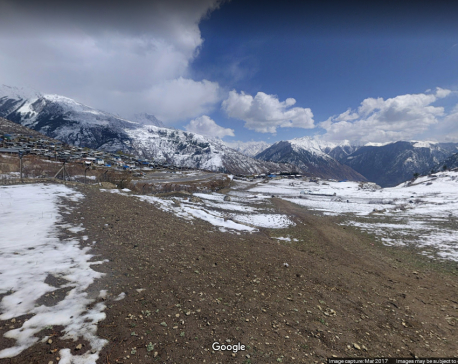
Biplav Maoists halt food supplies, Humla, Mugu under food shortage
HUMLA, Jan 21: For the past 10 days, the Biplav led Maoist faction have seized daily food supplies and 300... Read More...

The vegan lifestyle
Her friends and relatives often tell her that they don’t know what to feed her when they invite her for... Read More...





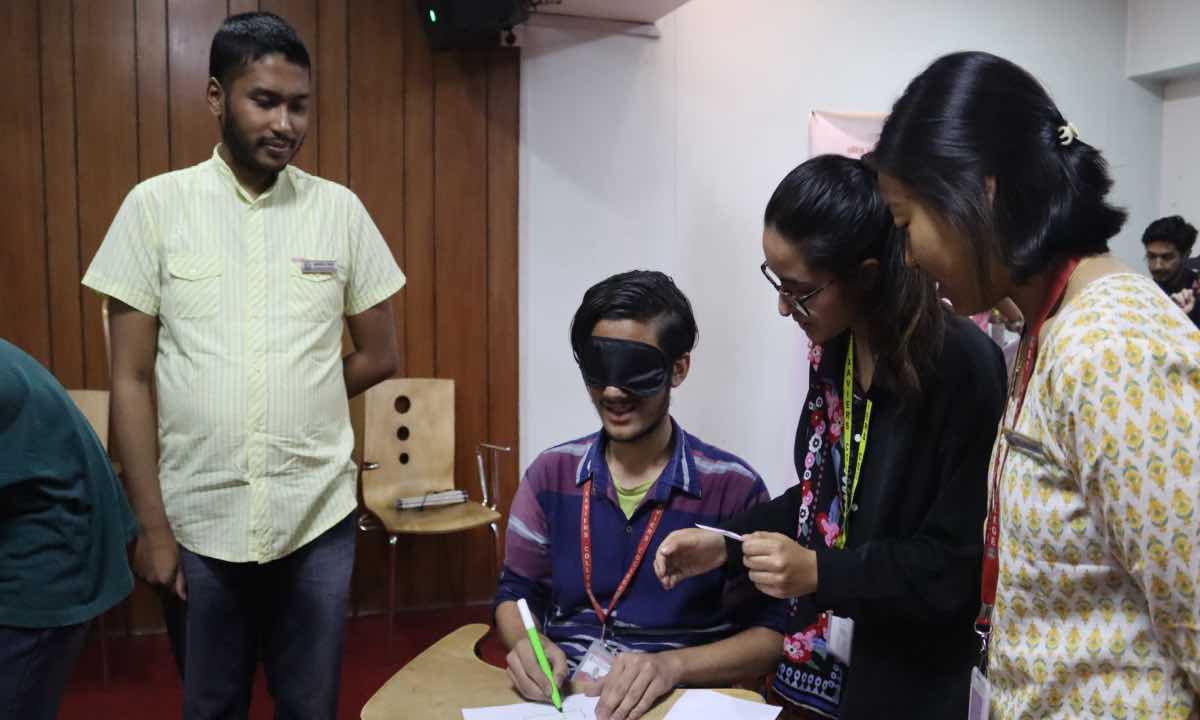

Just In
- Lungeli appointed as Minister for Labor and Transport in Madhesh province govt
- Bus knocks down a pilgrim to death in Chitwan
- One killed in tractor-hit
- Karnali Chief Minister Kandel to seek vote of confidence today
- Chain for Change organizes ‘Project Wings to Dreams’ orientation event for inclusive education
- Gold price decreases by Rs 200 per tola today
- National Development Council meeting underway
- Meeting of Industry, Commerce, Labor and Consumer Welfare Committee being held today








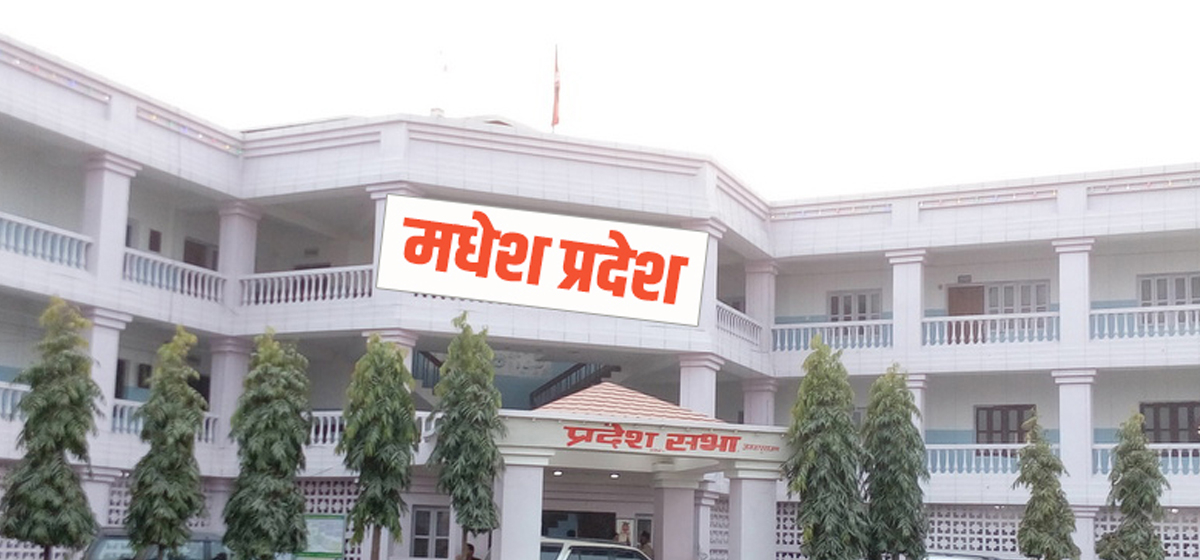



Leave A Comment